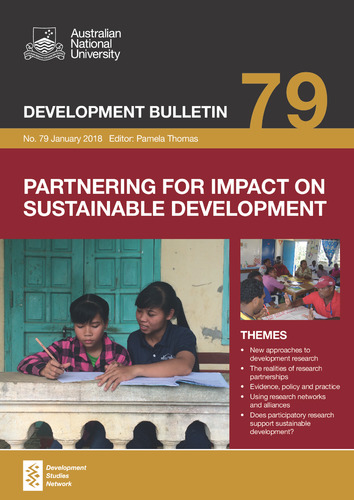Secure, safe, sustainable and ethical food systems
Defining and facilitating the transition to safe, sustainable and ethical food systems that contribute to human and planetary health is amongst the greatest challenges facing our world today (Alders 2017, FAO et al 2017, Glopan 2014). Agriculture and the food system play a key role in nutrition, health and food security. It provides for the primary sources of energy along with essential nutrients, while simultaneously being a source of income, creating jobs and earning foreign exchange (Schönfeldt et al 2017). Focussing on producing enough calories per person to feed all, food systems in the 20th century responded with an enormous increase in the quantity of food produced and witnessed the globalisation of agricultural commodities and food products. At the start of the 21st century, food systems had also delivered the double burden of under and over nutrition, contributed to degradation of ecosystems, resulted in farming families becoming the working poor and perpetuated women carrying the major burden of health problemsand poverty (Conway 2012, Demaio and Rockström 2015, Whitmee et al 2015).
To achieve nutritious, secure, safe, sustainable and ethical food systems, the interlinkages between all Sustainable Development Goals (SDGs) must be explored and optimalised. Planetary Health, defined as ‘the health of human civilization and the state of the natural systems on which it depends’ (Whitmee et al 2015), provides a solid framework to guide this transformation.

